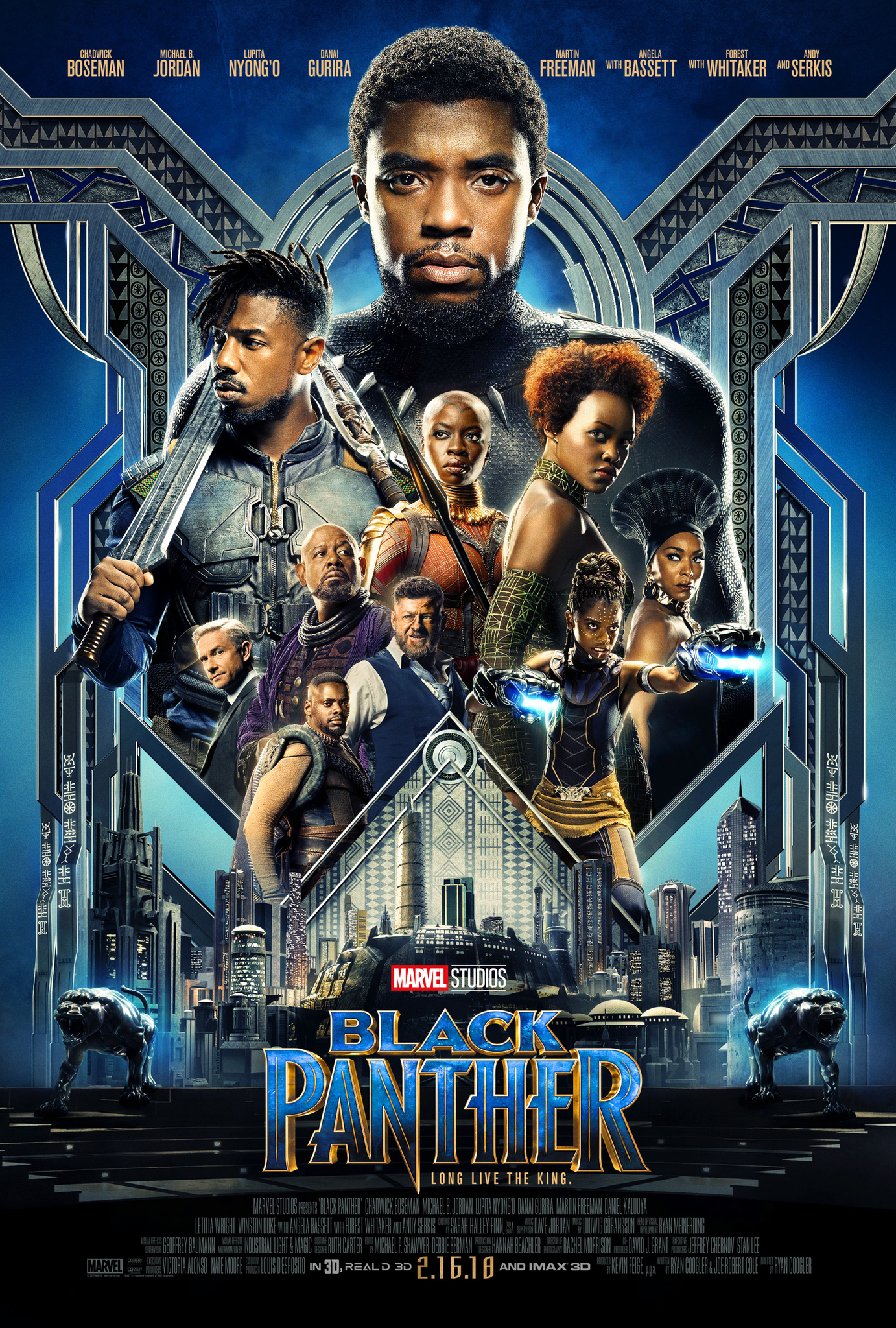The Green Pastures and Black religion in the film industry
In 1936, the film adaptation of “The Green Pastures” depicted a preacher teaching Old Testament stories to his Sunday school class in an African American church set in Louisiana.

Rex Ingram, who earned a medical degree from Northwestern University in 1912 and was the first African-American to receive a Phi Beta Kappa key from the university, played the lead role of “De Lawd” in the film. He subsequently transitioned to acting, beginning his career in 1918.
Marc Connelly’s strategy for the production was to highlight the innate acting talents of Black performers and deliver a genuine depiction of Black culture in the American South. Connelly specifically pointed out that the extensive cast included numerous amateur actors, enabling the production to present a more relatable and humanizing portrayal of African Americans to spectators. As Connelly put it, the audience would witness a depiction of “authentic” blackness, not contrived performances (“‘De Law’ a Natchel Man,” 61).
The film adaptation of “The Green Pastures” had a significant influence on African American cinema and representation in Hollywood, as it challenged Hollywood’s racial hierarchy by portraying African Americans positively. The movie stands as one of the earliest instances of a major studio film featuring an all-Black cast and contributed to the development of more diverse casting practices in Hollywood during the ensuing decades.


The notion of working in Heaven was regarded by some Black viewers as perpetuating stereotypes, while white viewers viewed the play as a portrayal of the religious beliefs held by African Americans. Rather than presenting a biblical epic, some felt that the film conveyed an African American point of view.
Furthermore, the portrayal of Black people’s relationship with God in the production was a source of dissatisfaction, as it appeared to perpetuate the stereotype that Black individuals were only suited for menial labor. Likewise, some of the details in the film, such as how Black people were depicted as black mammies, uncles, and pickaninnies.
The movie can be regarded as an important moment for the Black community, as it celebrates African American culture and faith. During its initial release, the film presented African Americans as articulate and sophisticated individuals, a rarity in films of the era. Moreover, the movie successfully highlights the significance of religion in the lives of African Americans.
The legacy of The Green Pastures film can be seen through the Black film industry that followed. This isn’t a direct connection, but the film paved the way for others to feel encouraged to make productions with a Black cast.
Films indirectly influenced:
 Black Panther (2018)
Black Panther (2018) 

Directors indirectly influenced:
Ryan Coogler
 Spike Lee
Spike Lee
F. Gary Gray
The continued impact of The Green Pastures draws focus to critical matters that remain pertinent in modern-day society. By featuring an all-Black cast and celebrating African American culture and faith, the film challenged prevalent stereotypes and paved the way for greater diversity in Hollywood’s representation.